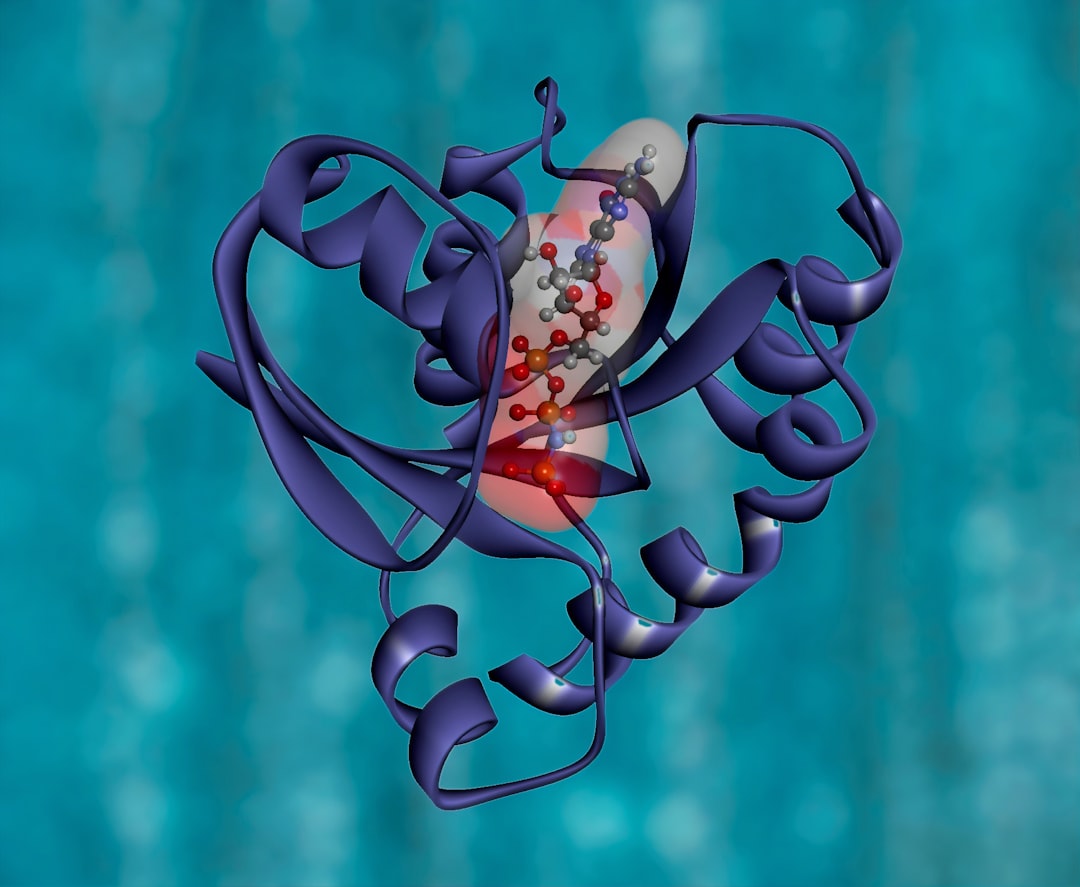What is it about?
While the emergence of antibiotic resistant bacteria has become one of the major health threats we are currently facing, the number of people affected by mental disorder and depression is gradually increasing. According to the most recent studies, the use of the most-commonly used antidepressants has a big influence in the developing and transfer of antibiotic resistance in bacteria. Here we cover the latest discoveries in this topic and how these two apparently unrelated problems might be colliding to pose even a bigger threat.
Featured Image

Photo by Nastya Dulhiier on Unsplash
Why is it important?
As the scientific community focus its efforts on finding solutions to the antibiotic crisis, it is critical to identify all factors influencing the emergence and transfer of antibiotic resistance. The effects of non-antibiotic pharmaceuticals have been underestimated for many years, but it is now clear that they are a key part of the problem we are trying to solve.
Perspectives
We consider that part of the results obtained in a recent work offer a glimmer of hope, as not all antidepressants seem to have this effect on antibiotic resistance. While information and responsible use of medication should be the main lines of action, as the current society depends on the use of this medication future research should aim to find antidepressants —as well as other non-antibiotic drugs— that minimize the appearance and spread of antibiotic resistance.
Francisco Javier Marcos Torres
Universidad de Granada
Read the Original
This page is a summary of: Antidepressants: A new front in the war against antibiotics resistance, Environmental Microbiology, September 2022, Wiley,
DOI: 10.1111/1462-2920.16208.
You can read the full text:
Resources
Contributors
The following have contributed to this page










